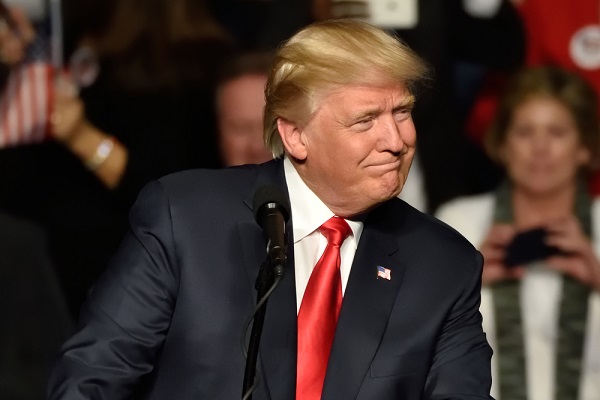Attorneys for the Rich Anxiously Await Trump’s Plan for Estate Tax

Chances are most people will never have to worry about paying a federal estate tax, since the value of most people’s estates don’t exceed $5.34 million. However, if president Trump has his way, not even the very few taxpayers that would have otherwise been affected by this law, will have to worry about it either.
Some of the nation’s wealthiest taxpayers, the roughly 5,000 people affected by the federal estate tax are excited to hear of Trump’s plan to eliminate this tax completely. In addition, several attorneys who represent this group of taxpayers are waiting to see what happens. That’s because with change comes many dominos, like filing new paperwork and other documents to make those changes legal and binding.
Other attorneys who represent wealthy clients expect to see other taxes on the wealthy even if the estate tax is repealed. As one attorney noted, “there will always be taxes on high-net worth individuals.” Plus, even if the estate tax is repealed, the wealthy could still get hit by high taxes upon death in other ways, such as paying capital gains tax on appreciated property.
Meantime, Trump has not stated how his plan would or would not affect the gift tax, which also plays an important role in estate planning. In any case, if the estate tax is repealed, the Tax Foundation estimates that it would cost the government about $240 billion over the next decade. It might still be too soon to know the exact effects of eliminating the estate tax, but those changes could be coming soon.
http://www.americanlawyer.com/id=1202775297806/Lawyers-for-the-Wealthy-Await-Trumps-Estate-Tax-Plan?slreturn=20170010133322
Tax S-corporation
Saving Taxes with an S Corporation An S corporation election allows the shareholders to preserve the benefit of limited liability for the corporate form while at the same time being treated as partners for federal income tax purposes. Ever wondered why so many small businesses operate as an S corporation? Simple. An S corporation saves…
Sec1045 Partnerships
Sec1045 Partnerships This document contains final regulations relating to the application of section 1045 of the Internal Revenue Code (Code) to partnerships and their partners. These regulations provide rules regarding the deferral of gain on a partnership’s sale of qualified small business stock (QSB stock) and a partner’s sale of QSB stock distributed by a…
Sec179 Businessequipment
Updated: 11/12/10 Most new business equipment can be either depreciated over its useful life or expensed immediately under Internal Revenue Code Section 179. The maximum deduction is based on the following schedule for the date in which the tax year begins. Each 1040, whether Single or Joint, is limited to one maximum. 179 expenses passed…
Sec1244 Small Business Stock Sales
Sec1244 Small Business Stock Sales Section 1244 of the Internal Revenue Code, the small business stock provision, was enacted to allow shareholders of domestic small business corporations to deduct as ordinary losses, losses sustained when they dispose of their small business stock. In order to receive this beneficial treatment, the Code prescribes specific requirements for:…



